For weeks in early 2020, President Donald Trump dismissed the threat posed by the global pandemic. In February, when there were only 15 cases, he assured that it would disappear, "like a miracle."
As cases in the United States continued to surge, the President began changing his rhetoric.
Trump constructed an "invisible enemy" out of the virus, and began attempting to adopt the demeanor of a President at war.
When asked by reporters in March if he thought of himself as a "wartime president," Trump responded:
"I do, I actually do, I'm looking at it that way. I look at it, I view it as, in a sense, a wartime president. I mean, that's what we're fighting."
In the four months since Trump said those words, the United States has surpassed two million cases and nearly 130 thousand Americans are dead.
2020 Democratic nominee and former Vice President Joe Biden is highlighting the President's failures to adequately mobilize against the virus on a national scale—and he's using Trump's wartime rhetoric to do so.
He reiterated this claim in a recent speech in his home state of Delaware.
Biden said:
"Remember when he exhorted the nation to 'sacrifice together' to face an 'invisible enemy'? What happened? Now it's almost July, and it seems the wartime president has surrendered—has waved the white flag and left the field of battle."
People largely agreed with the rebuke.
They alluded to Trump's five draft deferrals, including at least one for "bone spurs."
The war against the global pandemic rages on.

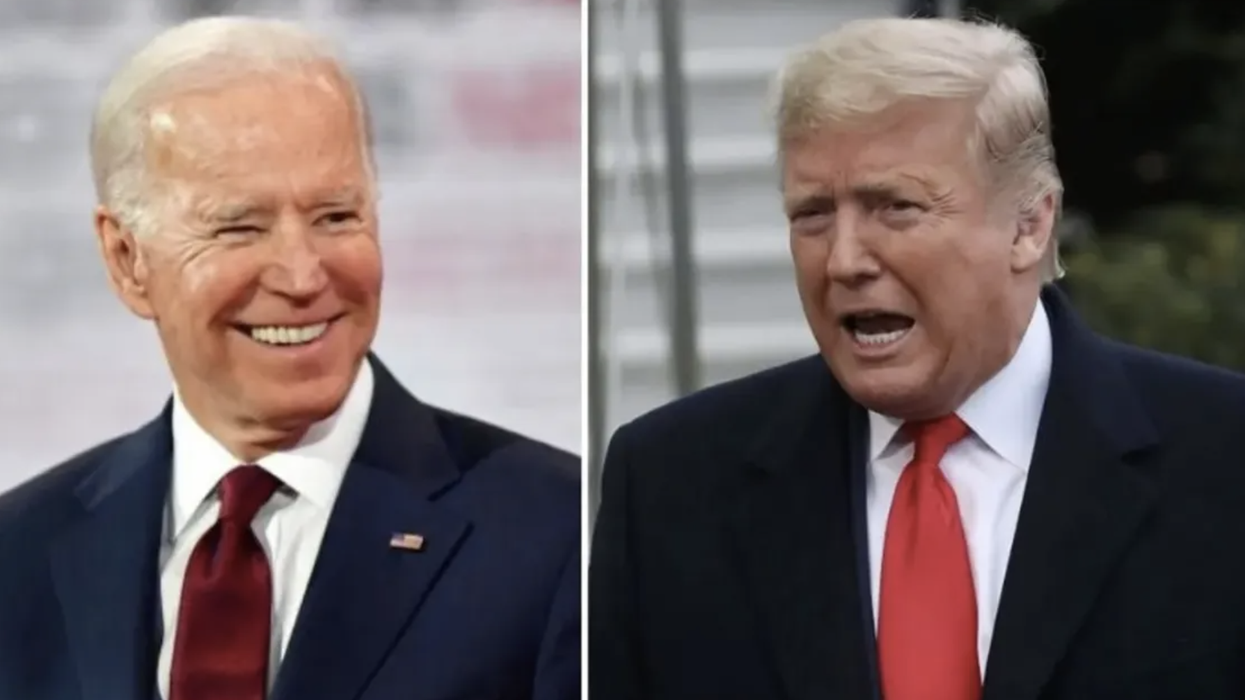


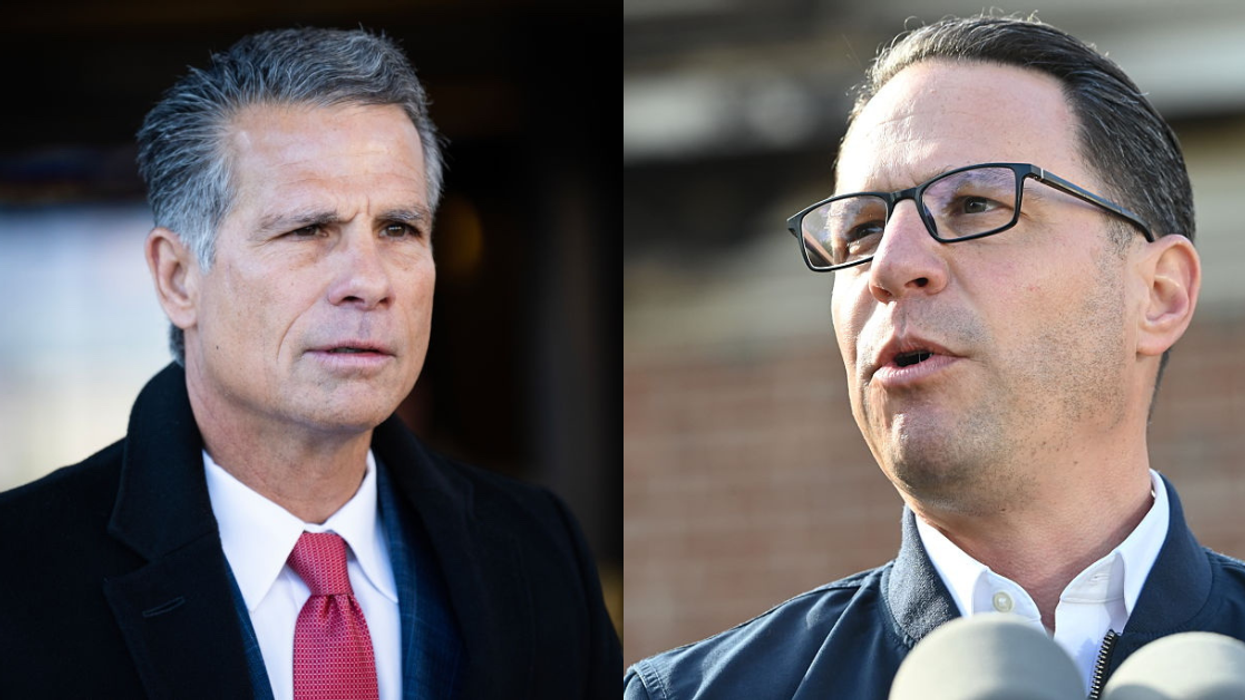




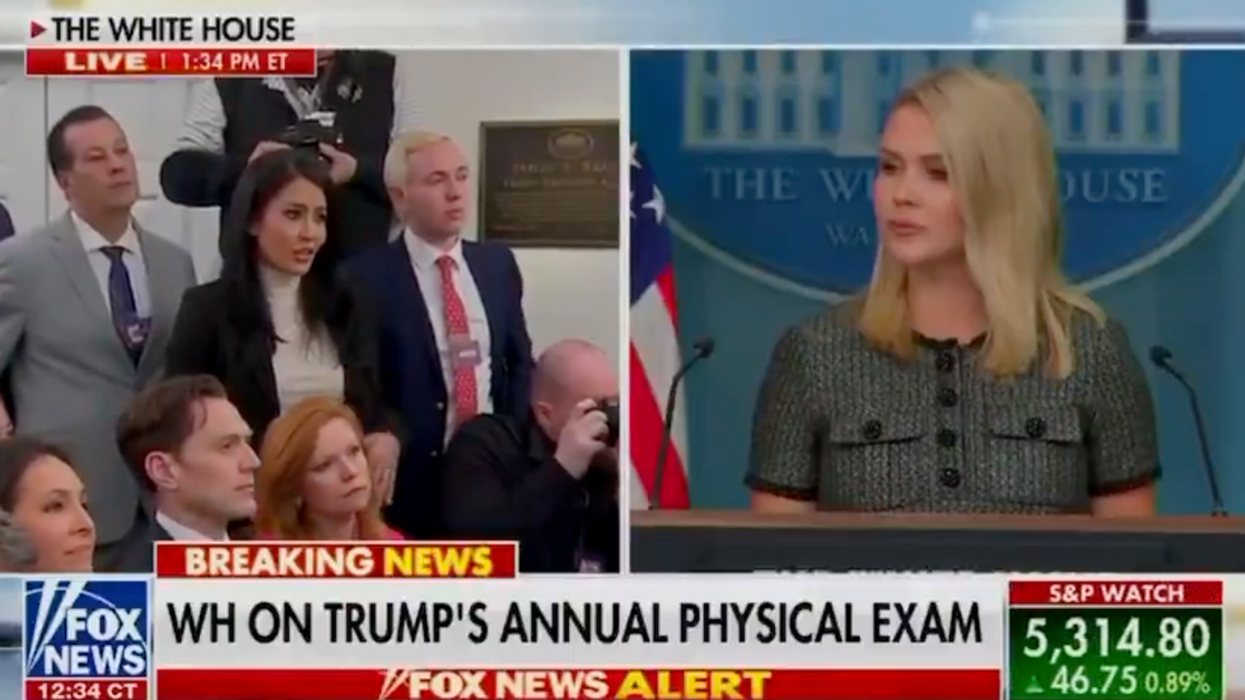



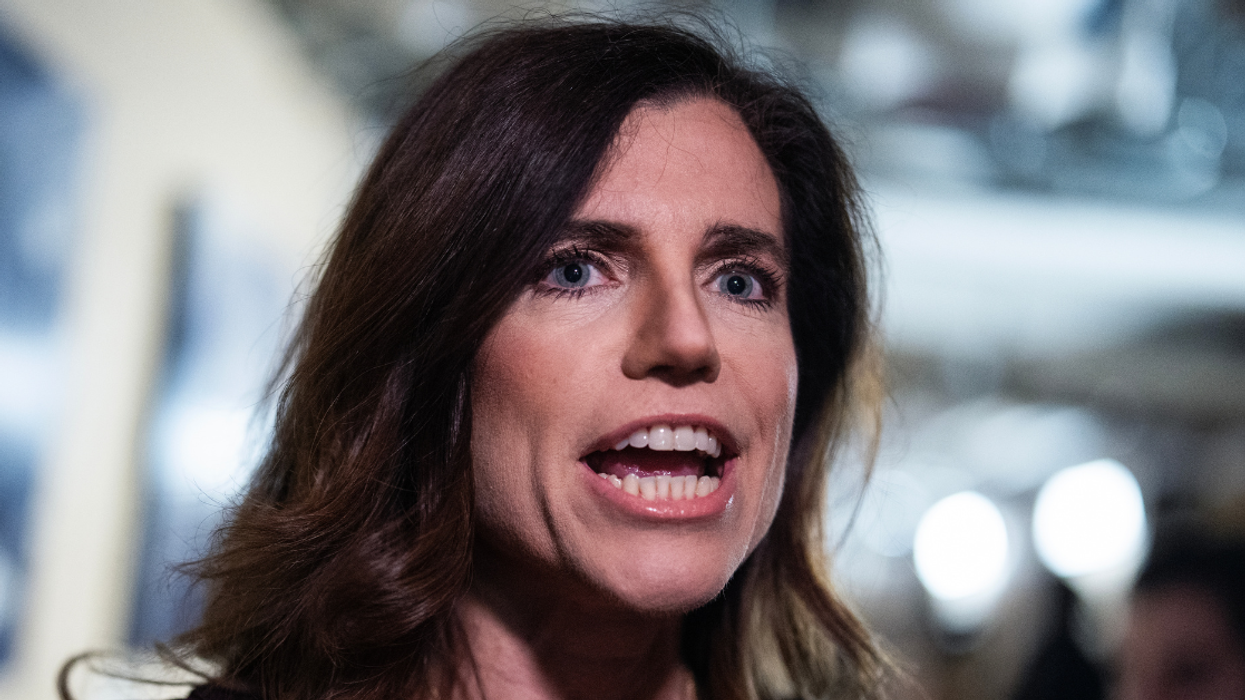
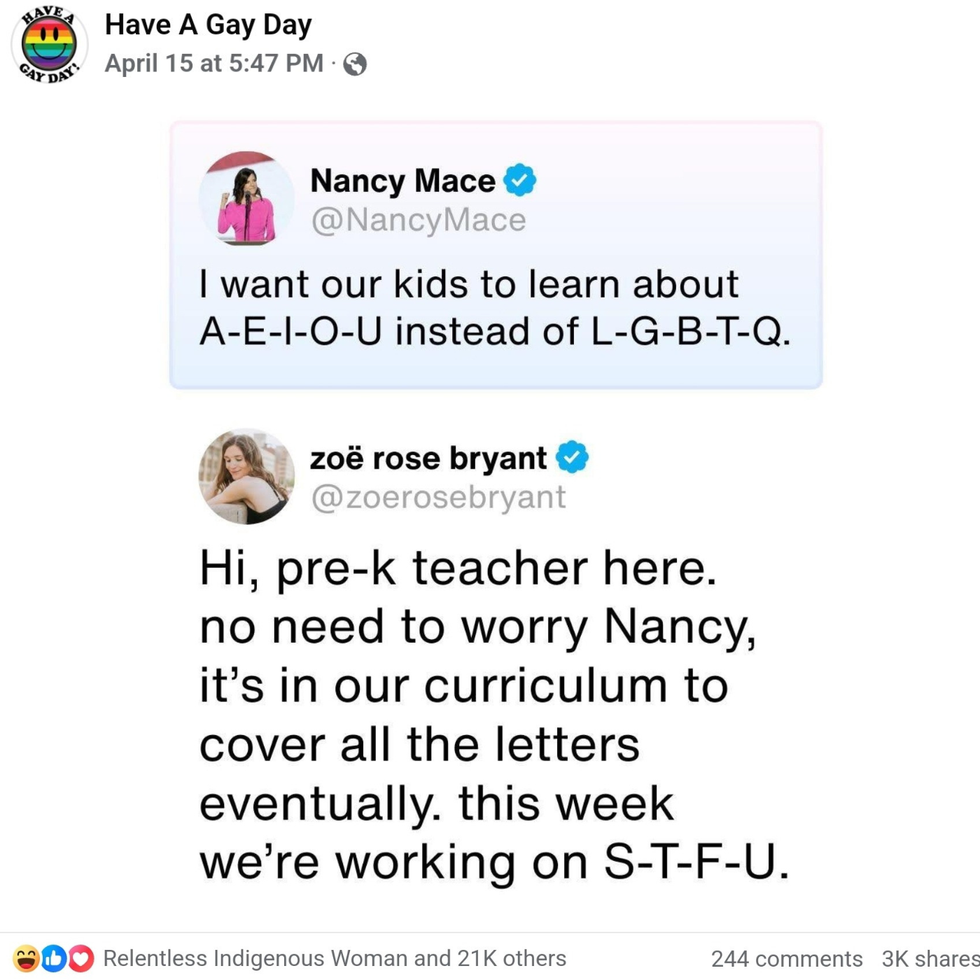
 Have A Gay Day/Facebook
Have A Gay Day/Facebook Have A Gay Day/Facebook
Have A Gay Day/Facebook Have A Gay Day/Facebook
Have A Gay Day/Facebook Have A Gay Day/Facebook
Have A Gay Day/Facebook Have A Gay Day/Facebook
Have A Gay Day/Facebook Have A Gay Day/Facebook
Have A Gay Day/Facebook Have A Gay Day/Facebook
Have A Gay Day/Facebook Have A Gay Day/Facebook
Have A Gay Day/Facebook Have A Gay Day/Facebook
Have A Gay Day/Facebook Have A Gay Day/Facebook
Have A Gay Day/Facebook Have A Gay Day/Facebook
Have A Gay Day/Facebook Have A Gay Day/Facebook
Have A Gay Day/Facebook Have A Gay Day/Facebook
Have A Gay Day/Facebook Have A Gay Day/Facebook
Have A Gay Day/Facebook Have A Gay Day/Facebook
Have A Gay Day/Facebook Have A Gay Day/Facebook
Have A Gay Day/Facebook Have A Gay Day/Facebook
Have A Gay Day/Facebook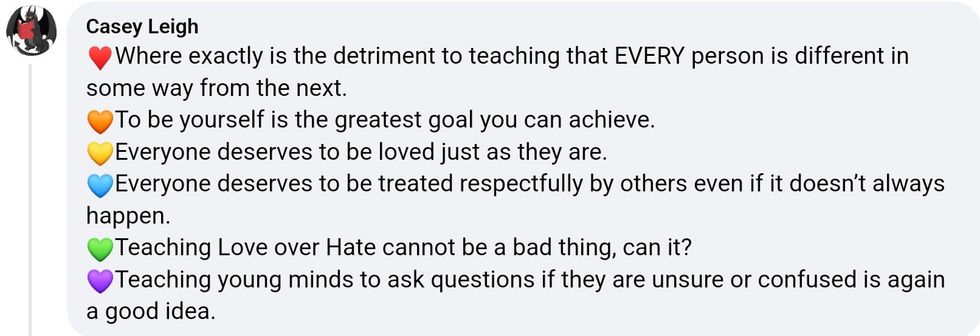 Have A Gay Day/Facebook
Have A Gay Day/Facebook @zoerosebryant/X
@zoerosebryant/X
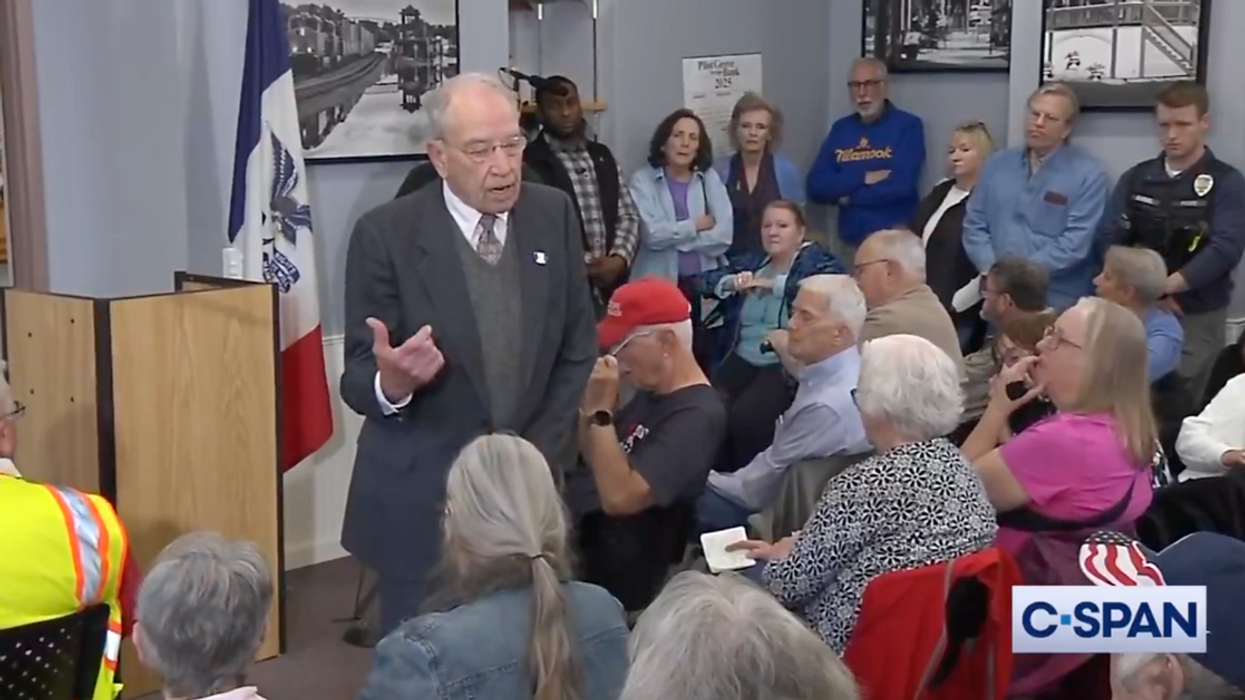

 Green Bay Packers Chill GIF by Martellus Bennett's Text Back Pack
Green Bay Packers Chill GIF by Martellus Bennett's Text Back Pack just married love GIF
just married love GIF Health Send GIF by OpenNotes
Health Send GIF by OpenNotes Family GIF
Family GIF